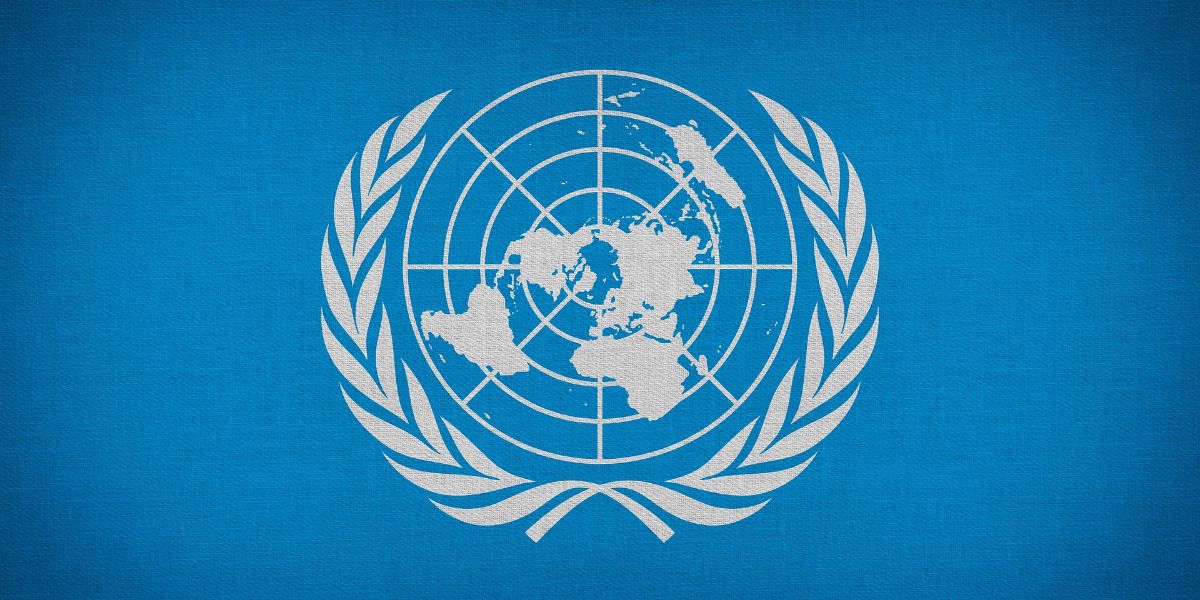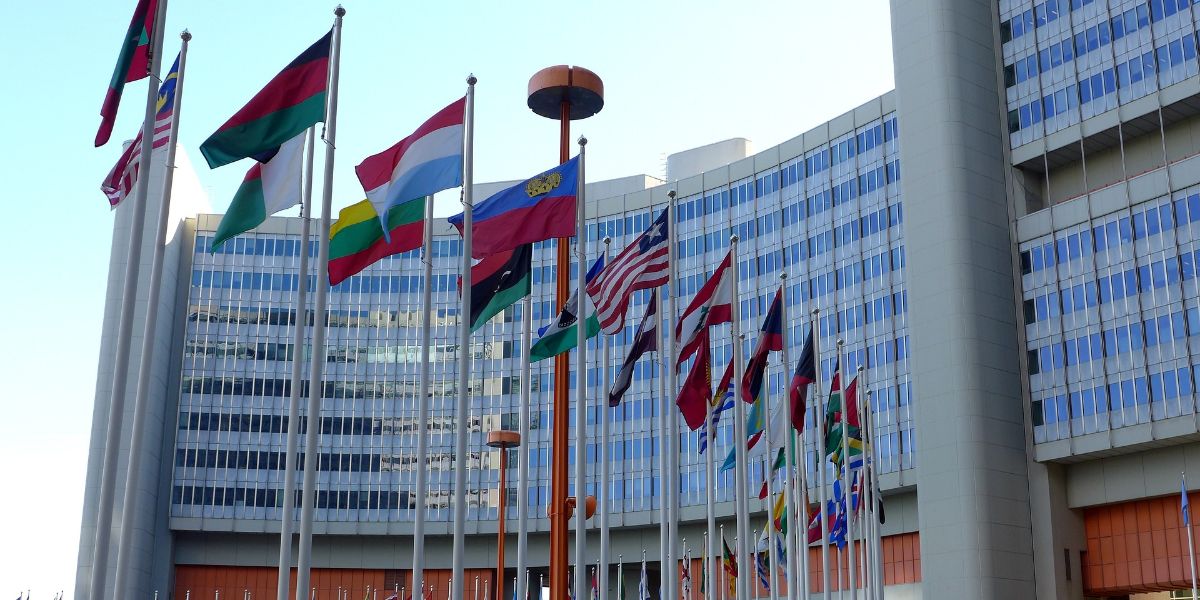A Policy Brief issued by the United Nations Development Program (UNDP) on 15 November 2022 argues that tobacco taxation should be included as an important part of financing for sustainable development. Based on the findings of the Investment Case for Tobacco Control developed by the UNDP and findings from other credible sources, the Policy Brief indicates that increasing tobacco excise taxes can support the sustainable development goals (SDGs).
The Investment Case for Tobacco Control quantifies the burden of tobacco on the economy and analyses to what extent investing in key WHO measures reduces the burden and generates health and economic returns, accelerating the achievement of the SDGs. The return on investment can quantify the efficiency of investments in tobacco control by dividing the economic benefits by the cost of the investments.
Development benefits of tobacco taxes
The Policy Brief argues that the tobacco production process damages the environment. Reports published by the WHO look at how farming, curing, manufacturing and supplying 6.25 trillion cigarette sticks each year damages the environment. The damage includes water and soil pollution, poisoned marine life, biodiversity loss and deforestation. Environmental protection is therefore another development benefit of increasing tobacco taxes.
Challenges and obstacles
Tobacco taxes are underutilised in low- and middle-income countries. From a global perspective the retail price of tobacco products is around 70% cheaper in lower-income countries than in high income countries, one reason being the low level of excise taxes in the low-income countries.
The Policy Brief notes that, despite arguments to the contrary, studies have found that tobacco tax increases have only a limited negative impact on employment and arguably have a net positive impact. Jobs lost as a result of higher tobacco taxes are later replaced by new jobs created in other sectors, because the money not spent on tobacco products is spent on different products and services. Also, governments can use the additional tobacco tax revenues to increase their investments.
The Policy Brief also notes that higher tobacco taxes do not cause a massive increase in the illicit tobacco trade. Although the world is losing around USD 40 to 50 billion annually in tax revenues due to the illicit tobacco trade, a World Bank study found that tobacco taxes have a limited impact on the illicit trade.
Development benefits of tobacco taxation
People with low incomes are more likely to use tobacco than higher income groups and they suffer disproportionate health and development harm from tobacco use. Higher tobacco taxes therefore disproportionately benefit poor people as they are more likely to quit, reduce or never start using tobacco as a result of higher prices.
Recommendations
The Policy Brief notes that tobacco taxes are a proven financing instrument for sustainable development. Tobacco taxation mobilizes sustainable financing and helps to achieve a number of SDGs, including poverty, gender, economic growth, equality, environmental protection and governance.
Tobacco taxes should be raised to a sufficiently high level (for example closer to the WHO recommended level of at least 75% of the retail price, inclusive of an excise component of at least 70%), with periodic increases to take account of increasing income and inflation. Countries must ensure that tobacco tax increases are translated into higher prices, by monitoring and regulating the pricing strategies used by the tobacco industry.
The Policy Brief considers that implementing effective tobacco tax policies requires a ‘whole-of-government’ and a ‘whole-of-society’ approach, involving all the relevant government ministries and sectors to ensure policy coherence that maximises the benefits of tobacco control.














